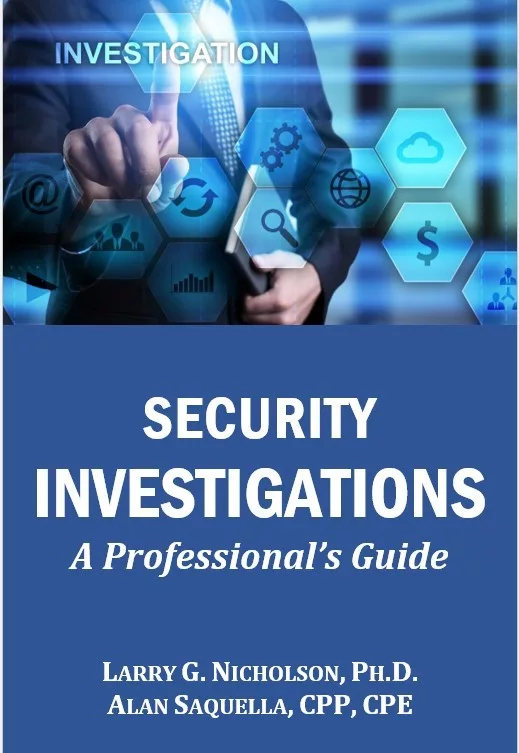How to Address International Incidents and Investigations
In a fiercely competitive international business landscape, corporations race to increase profits by taking advantage of lower labor, manufacturing and distribution costs that only emerging markets can offer. Unfortunately, many of these low-cost markets – where fraud, corruption, government instability and public unrest are the norm – pose an increased safety and security risk to employees, corporate assets and operations. Successful security leaders routinely and proactively assess these risks and enhance their security posture by placing assets in high-risk locations to minimize these risks, maximize brand protection and increase international investigative consistency.
What’s the Best Coverage?
Global companies with worldwide operations deal daily with security incidents and international investigations. Having the right coverage to manage these incidents consistently is critical. Most security departments rely on either a centralized model with staff primarily based at headquarters or a decentralized one with assets regionalized throughout the world.
As a security leader, having a centralized staff is great for communication, training, collaboration, camaraderie and trust. This model works great if global companies conducted business in a utopian world market where risks are low and security incidents never occur. Unfortunately many markets are volatile and loaded with an unlimited amount of capricious threats and risks.
When conducting business in high-risk locations, security programs require oversight, as incidents and investigations are complex and common. A decentralized model will maximize protection, minimize risks and increase investigative consistency.
Understanding Culture and Defining Roles is Good for Both Business and Security
Dedicated security staff in high-risk international locations, particularly those born and raised in the region, understand the language, culture and local customs – all of which can affect business, security operations and investigative strategy. They understand regional and national politics, allies, enemies and how gender and title may culturally affect business dealings and strategic relationships.
When security assets are onsite and focused on security issues, productivity increases with local managers free to focus on the business without distraction. Litigation risk also decreases as the need for local business managers to perform security functions is eliminated. To realize these benefits, international security assets and management must clearly understand security’s role in the operation.
Trust Local Security Eyes for Intel
International security assets use their local, corporate security and law enforcement contacts to provide critical intelligence regarding incidents affecting other corporations conducting business in the region. This intelligence is difficult to obtain unless you are a local, you speak the language and live and work in country. Knowing who’s who or if your suspect is related or ‘connected’ to a government official, judge or local law enforcement is a must, particularly in countries where corruption is commonplace and due process and probable cause do not exist.
International Investigations
Consistency when conducting investigations is critical. Prior to conducting investigations abroad, spend some quality time with international corporate counsel, HR representatives and local security assets to identify any country-specific labor laws, contract covenants or exceptions to corporate policies that may affect the investigative process.
In many countries, law enforcement and judicial bodies are corrupt and are not likely to support a foreign company in a civil or criminal proceeding. International labor laws and union agreements are complex and must be studied in depth before launching an investigation. Depending on the country, you may be required to notify the employee they’re being investigated; assess discipline only one time – ruling out suspending the suspect employees pending the outcome of the investigation – or conclude the investigation and assess discipline within 30 days. Failing to incorporate local and international policies can be very costly.
Leveraging Local Benefits
In addition to acting as an onsite deterrent, international security team members will add value and improve consistency throughout all phases of the investigative process. Security assets in-country can tactfully and discreetly collect local preliminary evidence and observe suspects. They command the local language and slang, which is critical when questioning witnesses, obtaining quality witness statements, interviewing suspects and crafting the final report.
Overseeing security operations in high-risk, emerging markets is a challenging endeavor. Whatever the issue of the day, security teams and companies only get one chance to respond. On the international stage, companies with security staff onsite are poised to manage daily operational security incidents and investigations consistently, effectively and efficiently.
This article was originally published in the print magazine as "Managing International Incidents with Decentralized Security Departments."
Looking for a reprint of this article?
From high-res PDFs to custom plaques, order your copy today!





